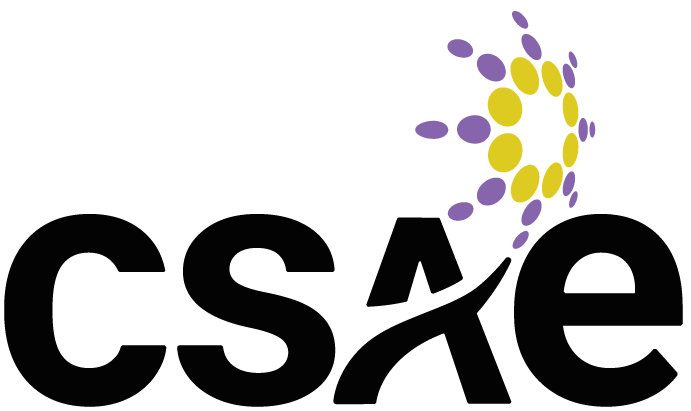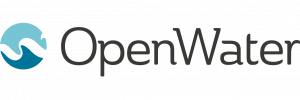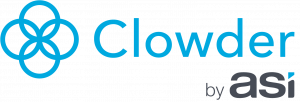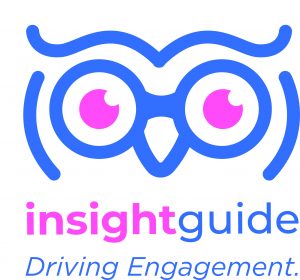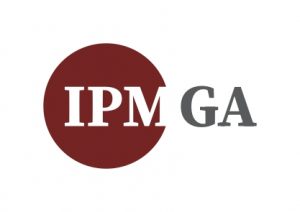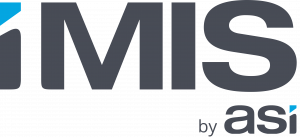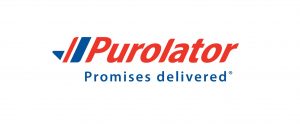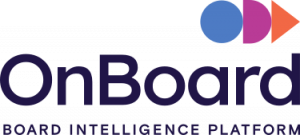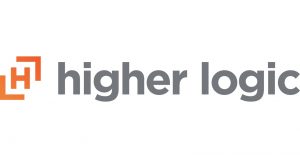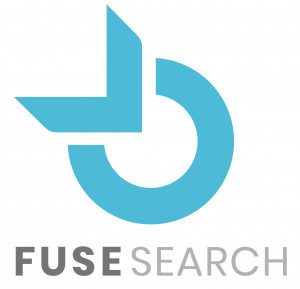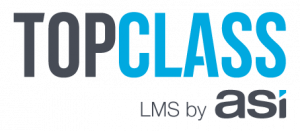Use Benchmarking To Evaluate Your Employee Benefits Package

Market benchmarking is the process of gathering external data in order to analyze the competitiveness of your organization’s total employee rewards package. It is most often applied to compensation, but it can also provide valuable insight about your benefits. There are ways you can use benchmarking to evaluate your employee benefits package.
If you are like most employers, you’re spending an average of 30 per cent of payroll on health and other employee benefits. In that case, it’s safe to assume that controlling costs and ensuring return on investment is top of mind.
Market benchmarking is a critical component to designing your compensation, benefits and other total rewards. It helps you gain an independent perspective and solid grasp on the effectiveness of your organization’s benefits. It helps you drill down into gaps and advantages versus your competition, so you can attract and retain the best talent.
Obtaining Reliable Data
The most challenging element of conducting benchmarking is how to obtain third-party market data and the credibility of that data. Purchasing standard surveys will provide you with the certainty of rigorous processes and broad data. The major survey firms represent a known data source with known cycles for collecting and publishing their results. But these surveys tend to focus on pay (not benefits), they take a long time to administer, and it can be expensive to acquire the data.
The free data sources (such as Glassdoor and Salary.com) are, in my opinion, a good source for validating other data. However, they don’t offer the same rigour in collecting and validating self-reported information. So, where else can you go for credible information on the competitiveness of your benefits?
A custom survey will provide you the opportunity to design your peer group and focus on the insights you need. Do you want to know about all total rewards (such as benefits, insurance, retirement programs) or are you more narrowly focused on benefits such as health and dental programs? A custom survey is a more targeted approach but it does take more time, effort and investment. In my opinion, it’s worth it.
Professional associations, like CSAE, are invaluable for gaining insight. The networks that you build through your membership will allow you to connect and share information, both formally and informally.
Consider a Benefits Broker
Finally, don’t neglect the value of a good benefits broker. A well-connected benefits broker who is focused on adding value will come to you with:
- an understanding of your current benefits;
- comprehensive data that covers many plans;
- the ability to analyze your benefits against that aggregate data; and,
- the ability to present options to optimize your benefits investment.
I am an advocate for evidence-based decision-making. If you are looking to make the best decisions about your employee benefits, ground those decisions in the best available research informed by evidence from third-party data. You’ll be glad that you did.
Looking for reliable salary and benefits information for the association and nonprofit sector? Explore the 2021 CSAE Benefits & Compensation Report!
